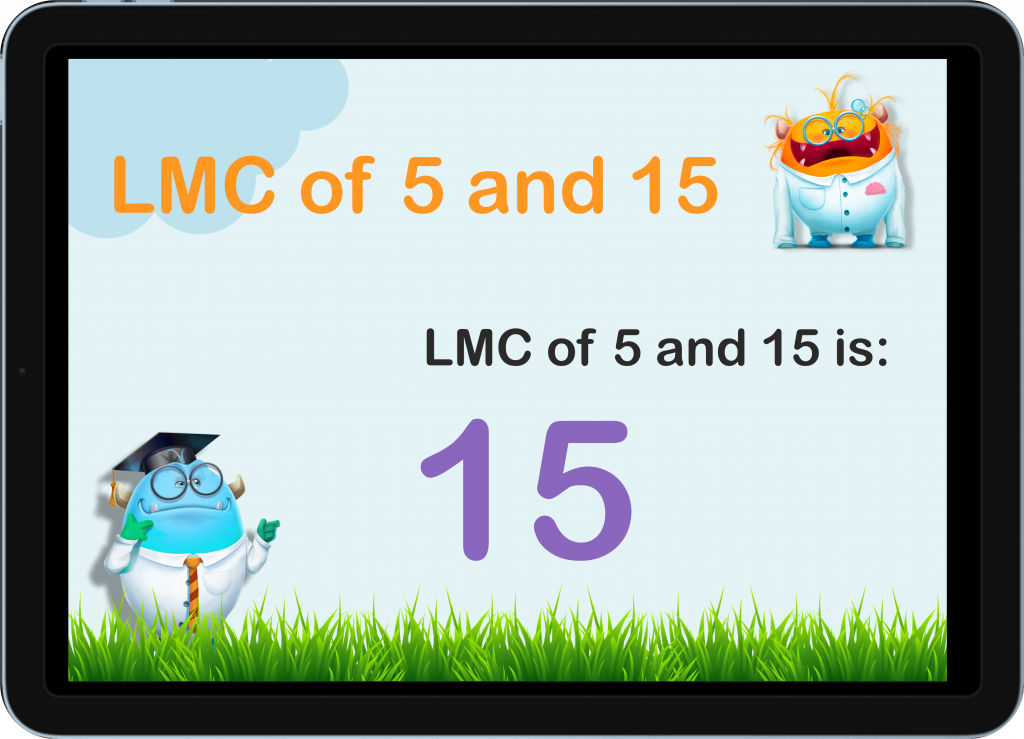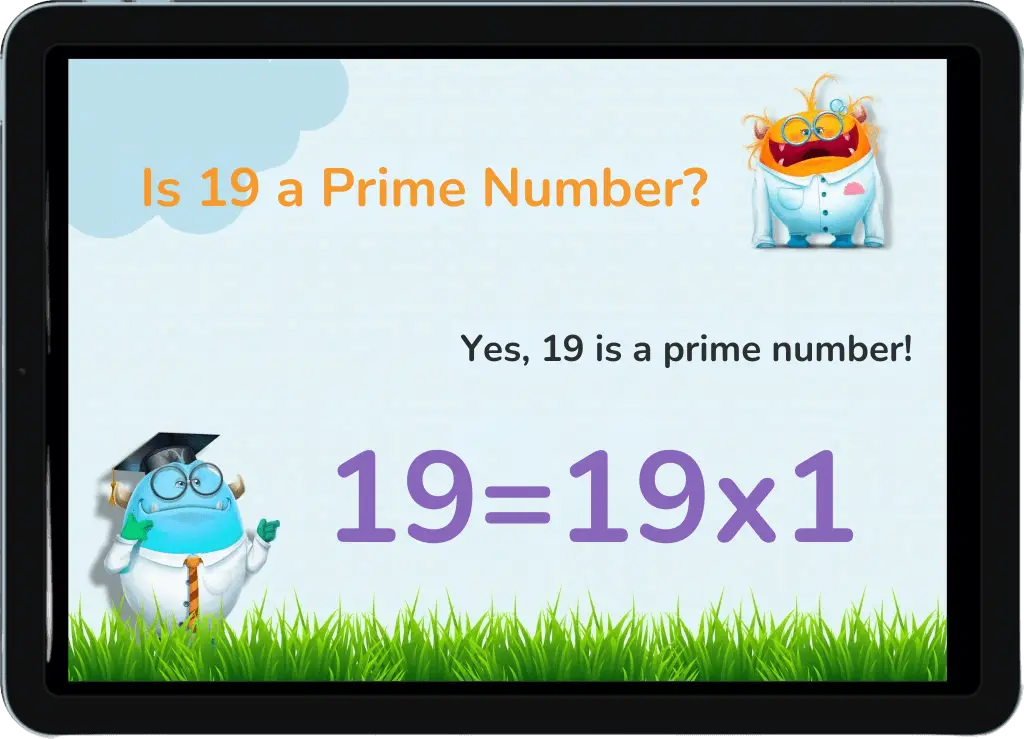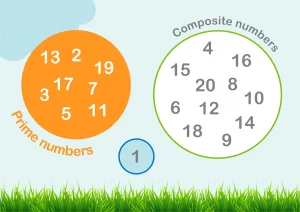Is 2 A Prime Number?
Prime vs. Composite Numbers
Greetings, young math enthusiasts! Today, let’s set sail on a mathematical voyage to determine if 2 is a prime number, and learn more about the difference between prime and composite numbers.

Is 19 a Prime Number?
Or is 19 a Composite Number?
Greetings, budding geniuses! Today, we embark on an exciting mathematical adventure to uncover whether 19 is a prime number. Together, we’ll dive into the intriguing world of prime and composite numbers, and discover what box does number 19 fits. Join us!


No credit card required

No credit card required
What Are Prime and Composite Numbers?
Prime Factorization of 19
Is 19 a Composite Number?
Fun Facts About Prime Number 19!
Understanding why 19 is prime is a great opportunity for learning. Not just to understand this number and its ‘place of belonging’. No, it’s a chance to understand the difference between prime and composite numbers!
Yup with just this one number. Get ready! We’ll make number theory the most exciting thing you tried today.
First, What Are Prime and Composite Numbers?

Properties of Prime Numbers
Prime numbers are natural numbers greater than 1 that have exactly two factors: 1 and the number itself. This means they can only be divided evenly by these two numbers. Examples of prime numbers from 1 to 100 include 2, 3, 5, 7, 11, and 19.
Properties of Composite Numbers
On the other hand, composite numbers are natural numbers greater than 1 that have more than two factors. This means they can be divided evenly by 1, the number itself, and at least one other number. Examples of composite numbers include 4, 6, 8, 9, 12, and 15.
Is 19 a Prime Number?
Yes! Number 19 is a prime number. Can 19 be divided evenly by any other numbers from 1 to 100? No, only by 1 and 19. Being a number greater than 1, 19 cannot be divided evenly by any other numbers.
And speaking of number 1: 1 is neither prime nor composite. It doesn’t have two factors much like number 19.
The Test of Divisibility
- Step 1: Is 19 a number greater than 1? Yes!
- Step 2: Can 19 be divided evenly by any other numbers from 1 to 100? No, only by 1 and 19.
Like a true superhero, 19 faces the ultimate test:
19 = 19 x 1
The Breakdown
- 19 can only be divided evenly by 19 and 1.
- No other numbers can fit perfectly into 19 without causing a disturbance.
Thus, 19 proves itself as a prime champion, standing tall with exactly two factors on the side: 1 and 19.
Imagine number 19 on an Olympic podium in the vast list of natural numbers greater than 1, joining the exclusive league of prime numbers from 1 to 100. Like a beacon shining brightly among the odd numbers, the challenge is complete, and 19 is officially recognized as a prime number! A champion!
Prime Factorization of 19
Prime factorization is like giving a number its unique fingerprint. For 19, there’s really no complications:
Prime factorization of 19: 19
Since 19 is a prime number, it cannot be broken down into other prime factors. It’s a gem in the world of numbers.
Is 19 a Composite Number?
No, 19 is not a composite number.
A composite number must have more than two divisors, meaning it can be divided evenly by numbers other than just 1 and itself.
Let’s look at its neighbor — number 18. The prime factorization for that number would look like this 18 = 2 x 3 x 3
However, 19 can only be divided evenly by 1 and 19, leaving no room for additional divisors to fit in without causing a disturbance. Thus, the case confirms: 19 remains solely a prime number, not a composite. Game over!
Fun Facts About Prime Number 19!
Mersenne Primes and 19
Fun Fact: 19 is connected to the study of Mersenne primes, which are primes of the form 2n−1. Although 19 itself isn’t a Mersenne prime, it plays a role in the greater study of these unique numbers. Actually, it’s an exponent n that makes up these Marenne primes.
Order in the List of Prime Numbers
19 is the eighth prime number on the list of prime numbers. Another segment where 19 resides close to the top like a real champion.
Square Root Peculiarity
Fun Fact: The square root of 19 is an irrational number, meaning it cannot be expressed as a simple fraction. This property adds to the mystique of prime numbers.
Chinese Game Go
The Chinese game of Go is played on a 19 x 19 grid of intersecting lines. This unique setup allows for very cool strategies and endless possibilities in gameplay. You see? Just like prime numbers are endless, so are options in Go! Pretty amazing if you ask us.
Learn More About Prime Numbers
© 2024 Smartick. All Rights Reserved.
